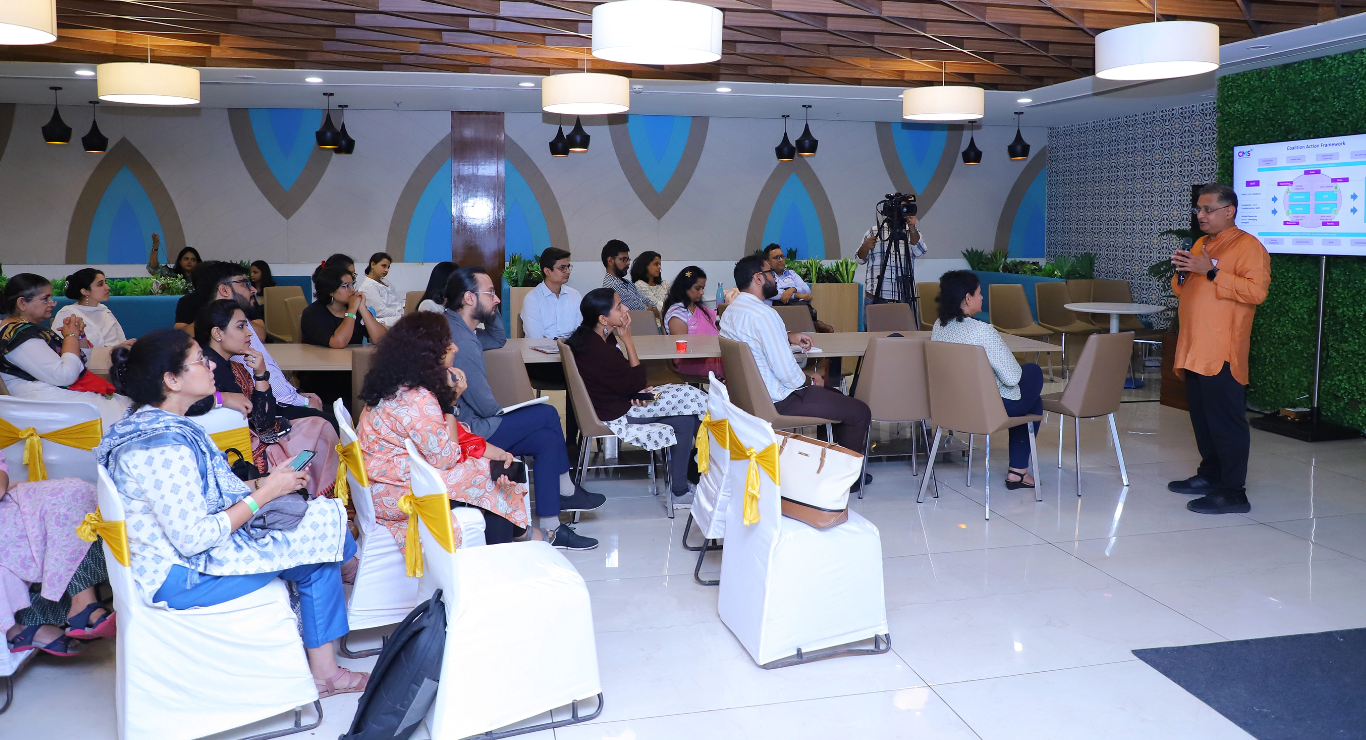
Grounded Climate Response
The theme of Grounded Climate Response emphasised the critical need for urgent action in the face of the undeniable climate crisis affecting health, livelihoods, and communities worldwide.

The theme of Grounded Climate Response emphasised the critical need for urgent action in the face of the undeniable climate crisis affecting health, livelihoods, and communities worldwide.
Collaboration was identified as a key factor in addressing complex climate challenges effectively. The sessions highlighted the importance of engaging diverse stakeholders, fostering partnerships, and working collectively towards shared goals. The emphasis on community-driven action and grassroots initiatives underscored the power of local engagement in driving meaningful change.
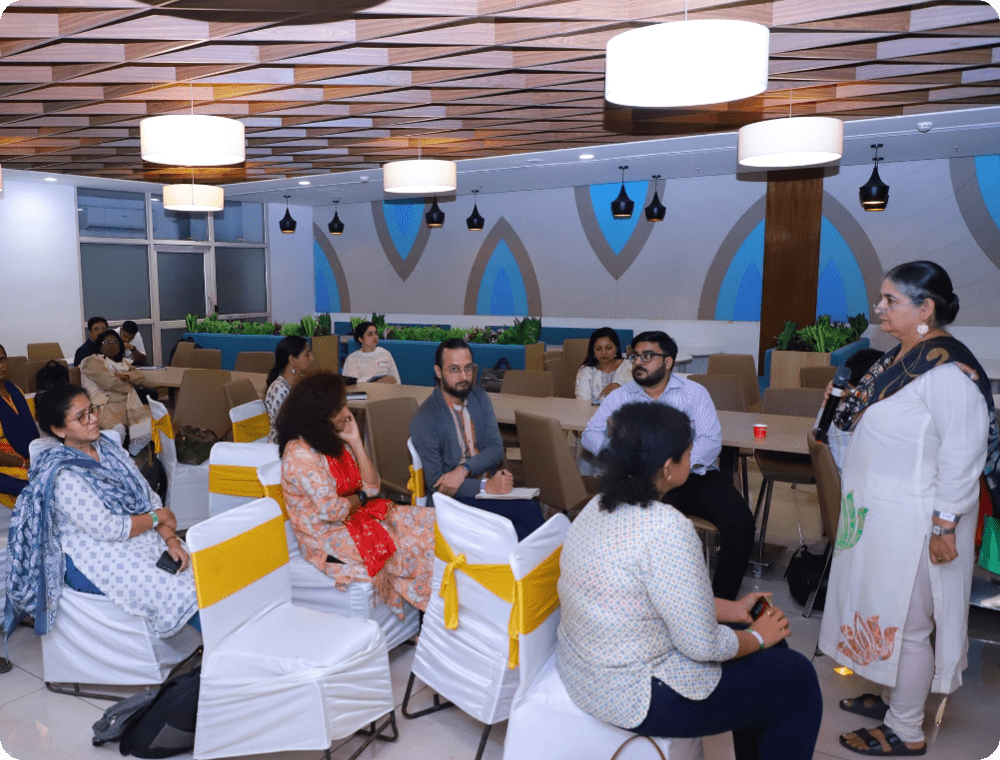
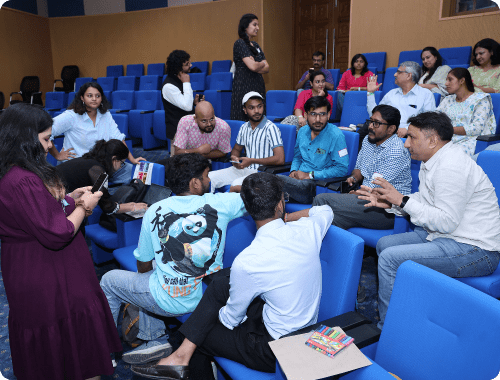

Funding was recognised as a crucial enabler for implementing climate solutions, with a specific focus on the need for government support, financial aid, and infrastructure development. The discussions acknowledged the challenges posed by limited resources and called for innovative funding mechanisms to support sustainable practices and resilience-building efforts.
In terms of solutions, the sessions showcased a range of innovative approaches, such as youth-led agroecology initiatives, systemic risk assessment tools, and integrated health and climate responses. The emphasis on systemic thinking and interdisciplinary collaboration highlighted the interconnected nature of climate issues and the importance of holistic solutions that address multiple stakeholders’ needs.
Future readiness was a central theme across the sessions, emphasising the need to prepare for and adapt to the changing climate landscape. The discussions highlighted the importance of long-term planning, capacity-building, and knowledge-sharing to build resilience and ensure sustainability in the face of escalating climate challenges.
Overall, the sessions provided a comprehensive overview of the complexities of the climate crisis and the diverse pathways towards grounded climate responses. By bringing together different perspectives and expertise, the sessions highlighted the importance of collective action, innovative thinking, and inclusive approaches to address the urgent climate crisis and create a sustainable future for all.
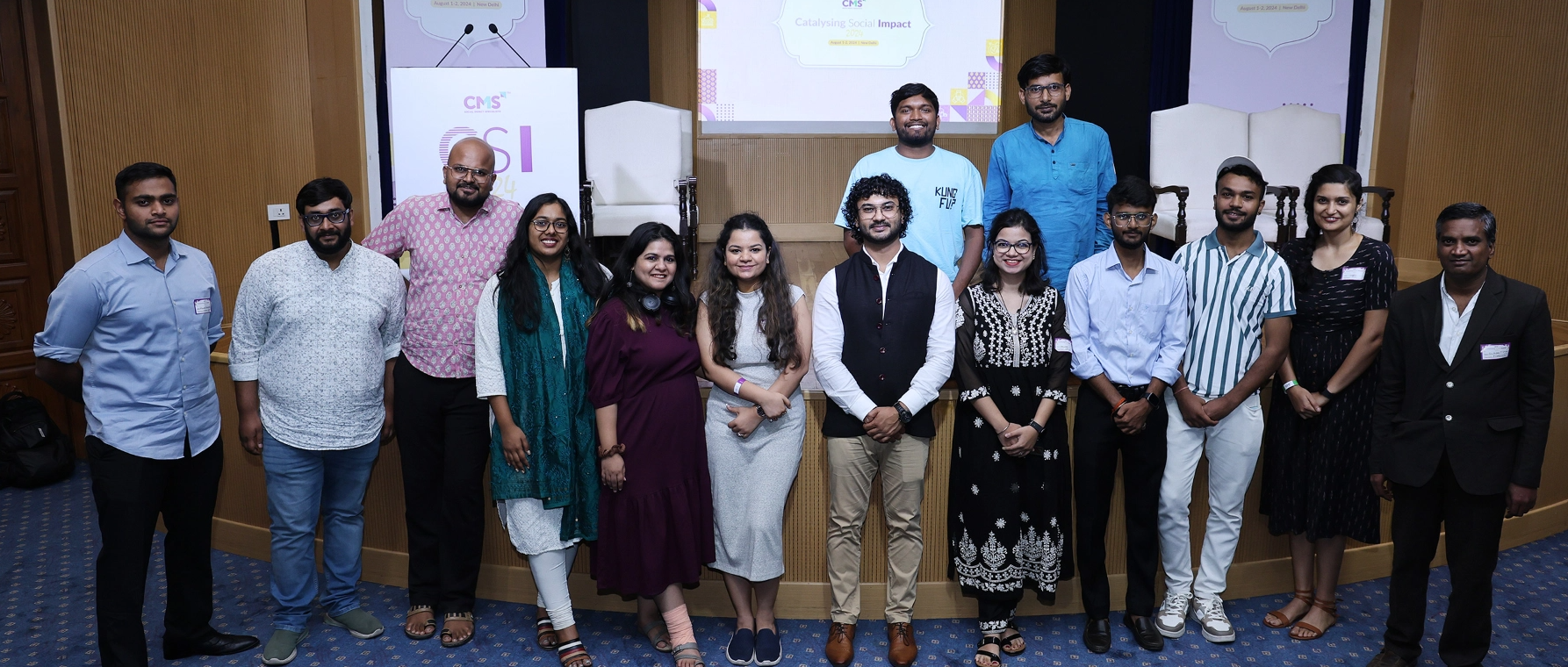

Ranjan B
PHIA Foundation

Gagan Jyot Kaur
ComMutiny - The Youth Collective

Akshit Jain
ComMutiny - The Youth Collective

Oshin Dhawan
ComMutiny - The Youth Collective


Highlighting the importance of moving from fear-driven to hope-driven responses, the discussions during the session emphasised resilience and community-driven action. Participants identified the disconnect between problem areas and where people live as a barrier to urgent action, as it creates a lack of immediacy in addressing climate change issues.
The session advocated for nurturing all priority needs, recognizing intersectionalities, and inspiring stakeholders to translate intention into action. The N.O.U.R.I.S.H framework was introduced as a guide to harness hope and agency.
N: Nurture all the priority needs together
O: Onboard all the other themes by highlighting intersectionalities
U: Uncover the hidden layers of mainstream mindset
R:
Realise short term and long term goals
I: Inspire influencers
and insiders among all stakeholders to move from intention to actionbr
S: Spark seeing, being, and doing together
H: Harness hope and agency
Youth leaders shared experiences of impactful community engagement through art and environmental education, demonstrating the power of grassroots initiatives.
Key challenges discussed included the limited reach of climate resilience efforts to vulnerable populations, high climate-related displacements, and the difficulty of utilising common spaces in densely populated areas. Designing effective local policies and engaging various stakeholders were also noted, highlighting the complexity of systems change.
The session underscored the necessity of practical tools and systems that enable individuals to make everyday changes and the role of economic drivers in motivating climate-friendly behaviours.
Key takeaways included the need for an integrated approach aligning goals across sectors, understanding community needs, and fostering decentralized planning. The session concluded with a call to action for individuals to embrace minimalistic options and initiate change within themselves, thereby contributing to broader climate priorities.
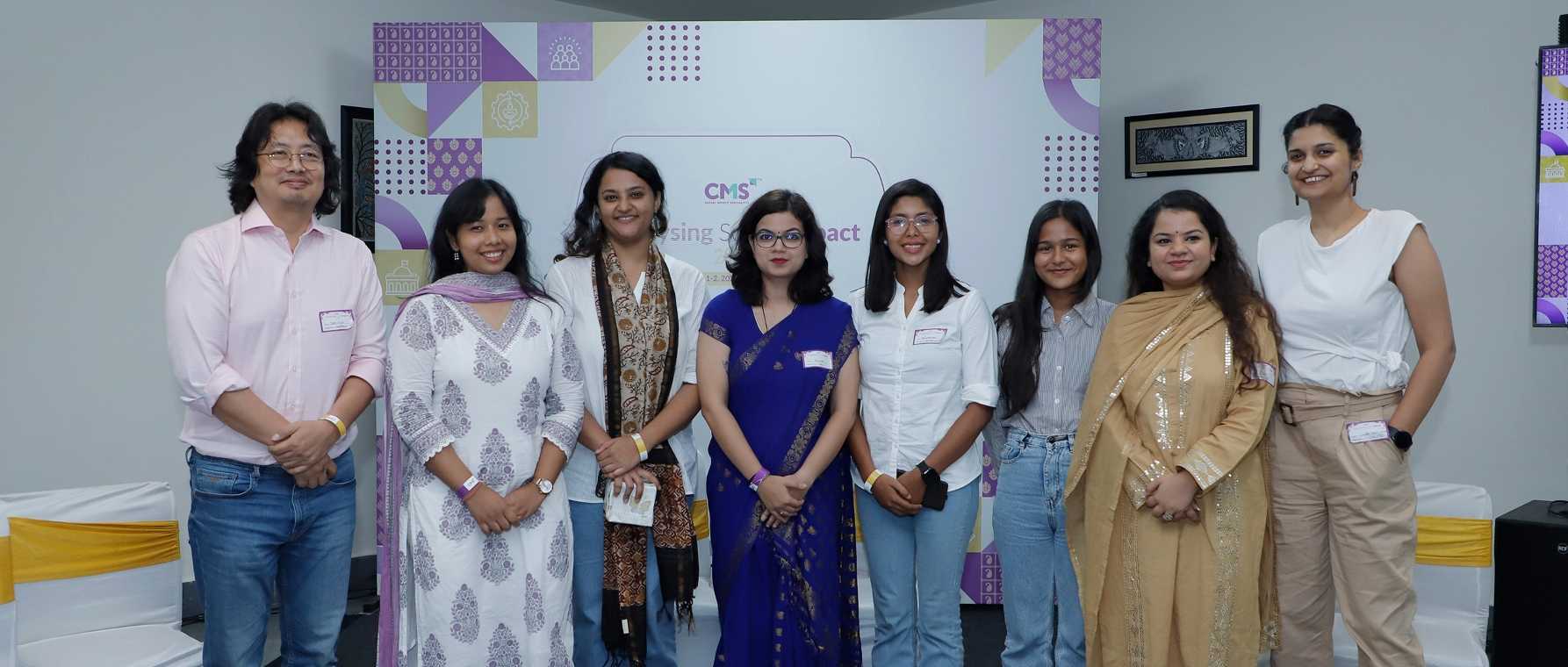

Saloni Goel
CoMmutiny - The Youth Collective

Deepjyoti Sonu Brahma
Farm2Food Foundation

Gagan Jyot Kaur
CoMmutiny - The Youth Collective

Trishnamoni Hazarika
Farm2Food Foundation

Dimpy Dutta


Exploring the pivotal role young people play in transforming food systems, this session emphasised the importance of youth leadership in challenging perceptions that farming is not appealing, addressing urbanisation desires, and countering the risks associated with agriculture.
Currently, 1200 youth leaders are actively engaged in agroecology, focusing on understanding diverse food systems and the challenges faced by farmers. A significant barrier identified was the lack of awareness at the grassroots level and the difficulty in marketing organic products. This highlights the need for government support in financial aid and infrastructure development, alongside necessary policy changes to complement education efforts.
Youth leaders like Trishna and Dimpy exemplify the transformative power of young people. Trishna promotes organic farming and alternative livelihoods, while Dimpy has successfully mobilised over 100 farmers and initiated school nutrition gardens. These efforts illustrate the innovative potential of youth involvement, reminiscent of past technological revolutions driven by young minds.
Key takeaways stress the need to position young people at the centre of agro-ecological initiatives, dismantle the stigma around farming, and implement systemic policy changes. The session concluded with the introduction of “We, The Changemakers,” a guide aimed at empowering youth with the principles of agroecology to enhance resilience, resource efficiency, and social equity in food systems. This approach not only addresses current challenges but also lays the groundwork for a sustainable future.
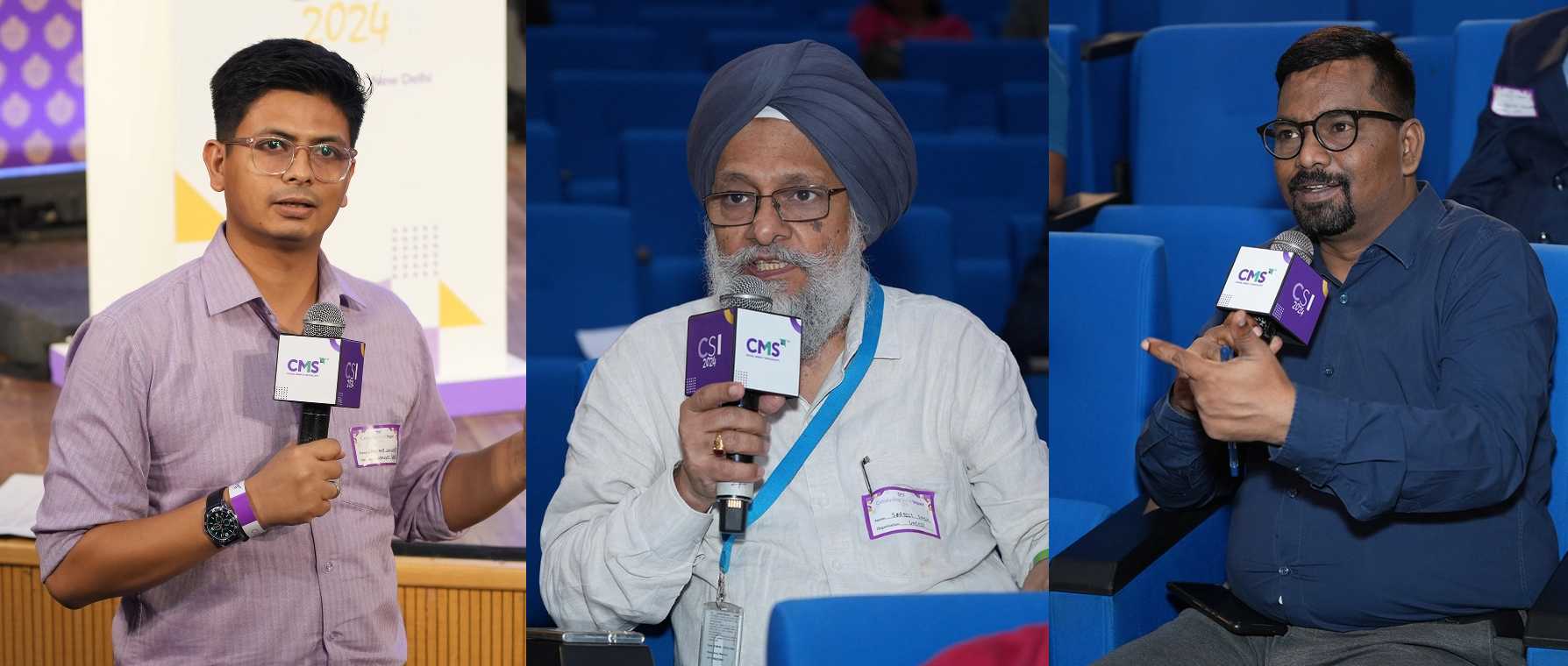

Shama Karkal
Catalyst Foundation

Siddhanth Sawaney
Catalyst Management Services

Sarah Hendel-Blackford
Catalyst Foundation

Centred on the ASRA’s Systemic Risk Assessment/Systemic Risk Response tool, this session aimed to gather feedback on its applicability from Indian practitioners.
Participants appreciated the principles and the tool for their potential to foster a comprehensive understanding of systemic risk by encouraging users to consider multiple, interconnected risks simultaneously. This holistic approach was recognized for its ambition to build a field around systemic risk response, which could enhance the depth and effectiveness of interventions. The tool’s framework was seen as a valuable starting point for fostering collaboration and dialogue among diverse stakeholders.
Participants also provided constructive criticism, noting that the criteria are overly complex and filled with jargon, making it difficult for users to engage effectively. Simplification, including the use of images or sketches, was suggested to enhance usability and scalability.
The principles underpinning the tool were regarded as universal but lacked practical direction, failing to resonate with on-ground realities. Participants highlighted the need for a more targeted approach, allowing users to prioritise and justify their focus areas without being overwhelmed by exhaustive criteria.
During the Q&A, concerns were raised about the tool’s purpose—whether it serves for evaluation or risk identification. It was clarified that the tool is intended to consider multiple risks simultaneously, advocating for a systemic response rather than addressing isolated risks.
Key actions identified included the need for user guidance to make the tool more accessible and relevant. Further collaboration between Swasti, ASRA, and experts like Professor Partha was proposed to refine the principles and criteria, ensuring they are both practical and adaptable to diverse contexts.
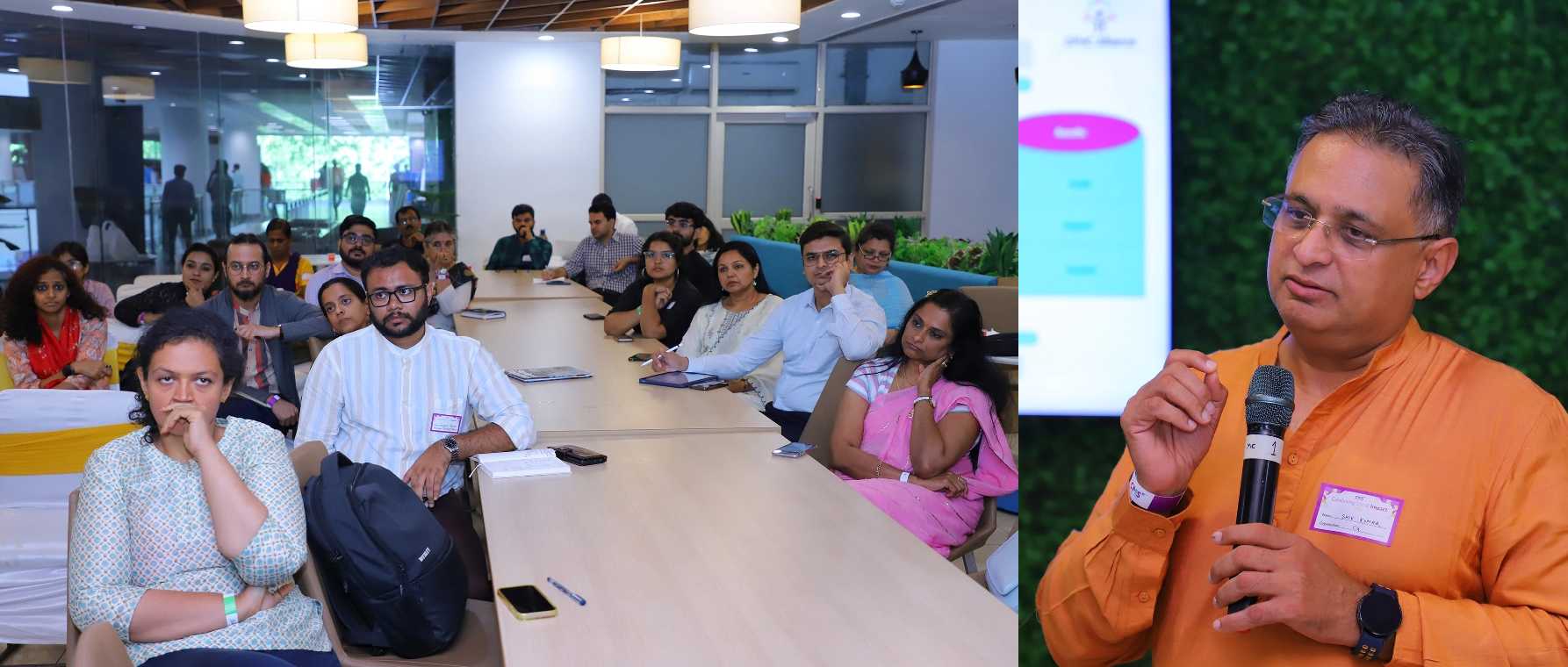

Binali Suhandani
Idearoots

Shiv Kumar
Co-founder
The Catalyst Group and Chief Integrator of the COVIDActionCollab

Delving into the vital intersection between health and climate, the Integrated Climate and Health Response session stressed the necessity of collaborative efforts for scalable impacts. The CPHC alliance, a USAID-supported initiative led by Swasti, exemplifies a multi-stakeholder coalition with over 30 members, including USAID and ADB, dedicated to comprehensive primary health care.
The discussions highlighted that achieving scale requires collective action rooted in shared values and ambitious goals. The energy of leadership and the role of a backbone organisation are pivotal in maintaining coalition cohesion and a sense of urgency. Clearly defining roles and benefits for each participant is crucial to ensure accountability and shared ownership within the coalition.
The alliance aims to enhance health outcomes through preventive and promotive care, focusing on patient-centric approaches. Embedding goals into systems and offering well-defined service packages are key strategies for achieving desired outcomes. Embracing complexity in primary healthcare is essential for long-term success and sustainability.
Addressing challenges, the session emphasised the importance of government collaboration, resource optimization, and the improvement of awareness and infrastructure. The coalition seeks to expand its reach beyond India to Asia, leveraging collective expertise and frugal innovations.
The evolving CPHC playbook focuses on institutionalising sustainability, enhancing stakeholder capacities, and adapting successful models from other countries. By exploring public-private partnerships, the session called for innovative approaches to healthcare delivery and community engagement, reinforcing the coalition’s vision for comprehensive, patient-centred care.
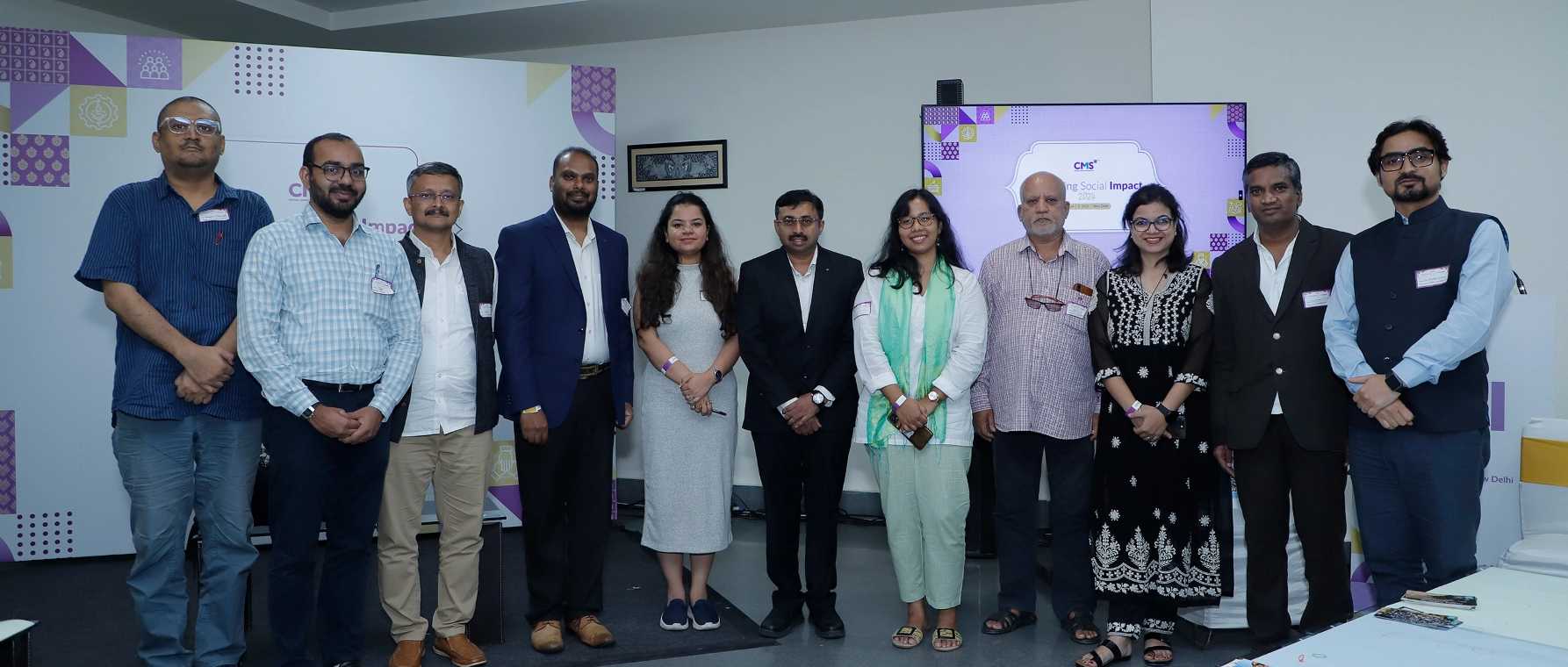

Suresh C

An engaging exploration of the intricate interconnections within natural systems was provided in this session on climate change. Participants engaged in a systems mapping exercise to understand the complex relationships and impacts of global warming, aiming to identify actionable strategies for change.
Key takeaways highlighted the lack of education on system dynamics, emphasising that interventions in one area can significantly impact others. The session stressed the importance of developing sustainable solutions that do not create future problems.
Participants discovered surprising facts, such as the ocean being the primary source of Earth’s oxygen and the complexities of waste recycling in renewable technologies. The exercise also revealed the interconnectedness of global phenomena, such as how desertification affects the Amazon rainforest and the increased pollen transfer leading to health issues.
The workshop fostered a sense of community among climate advocates, decision-makers, and curious explorers, all committed to safeguarding the planet. It served as a catalyst for climate action, encouraging dialogue as a tool for fostering knowledge and initiating change. The session concluded with a call to “Go blue to go green,” emphasising the importance of ocean health in achieving sustainability.